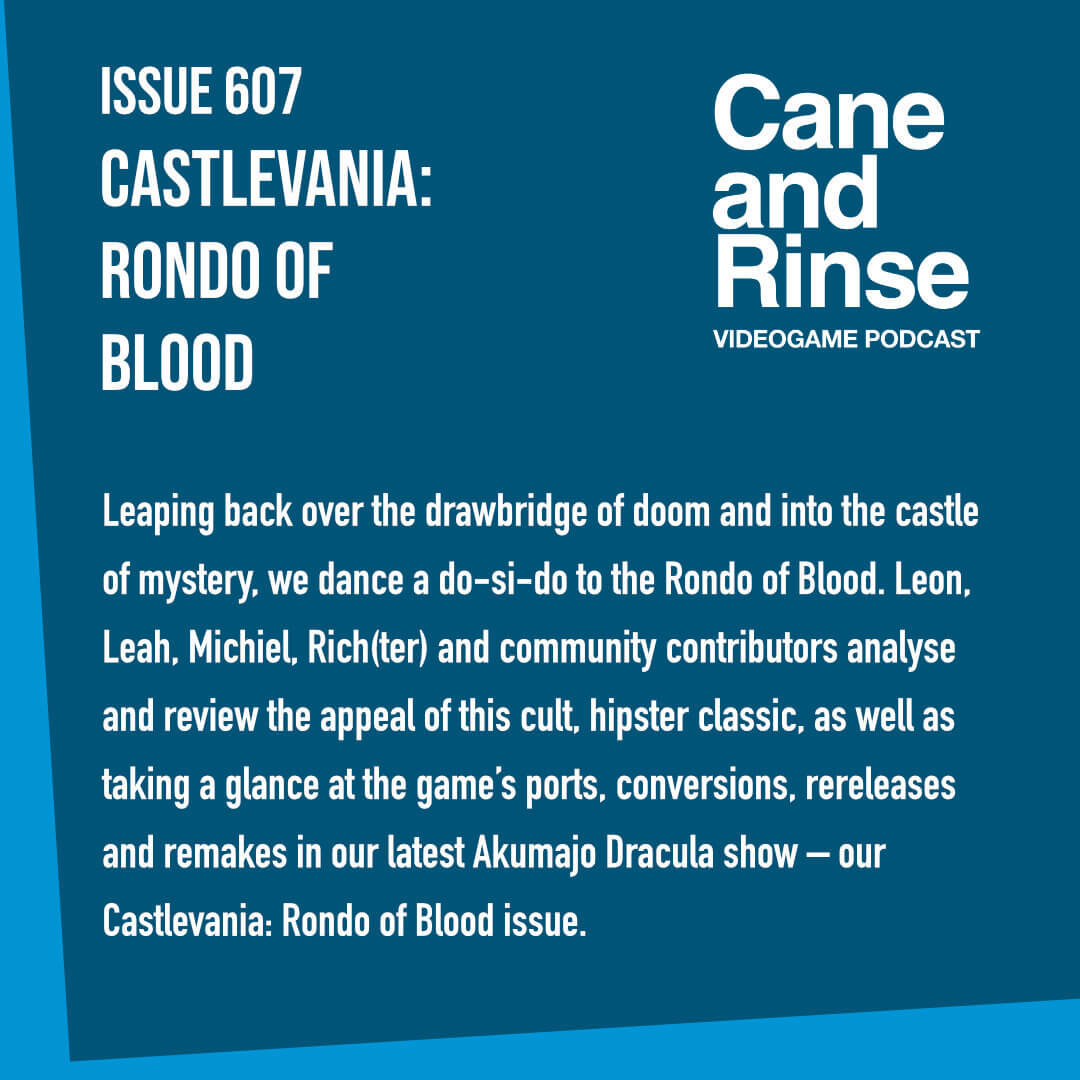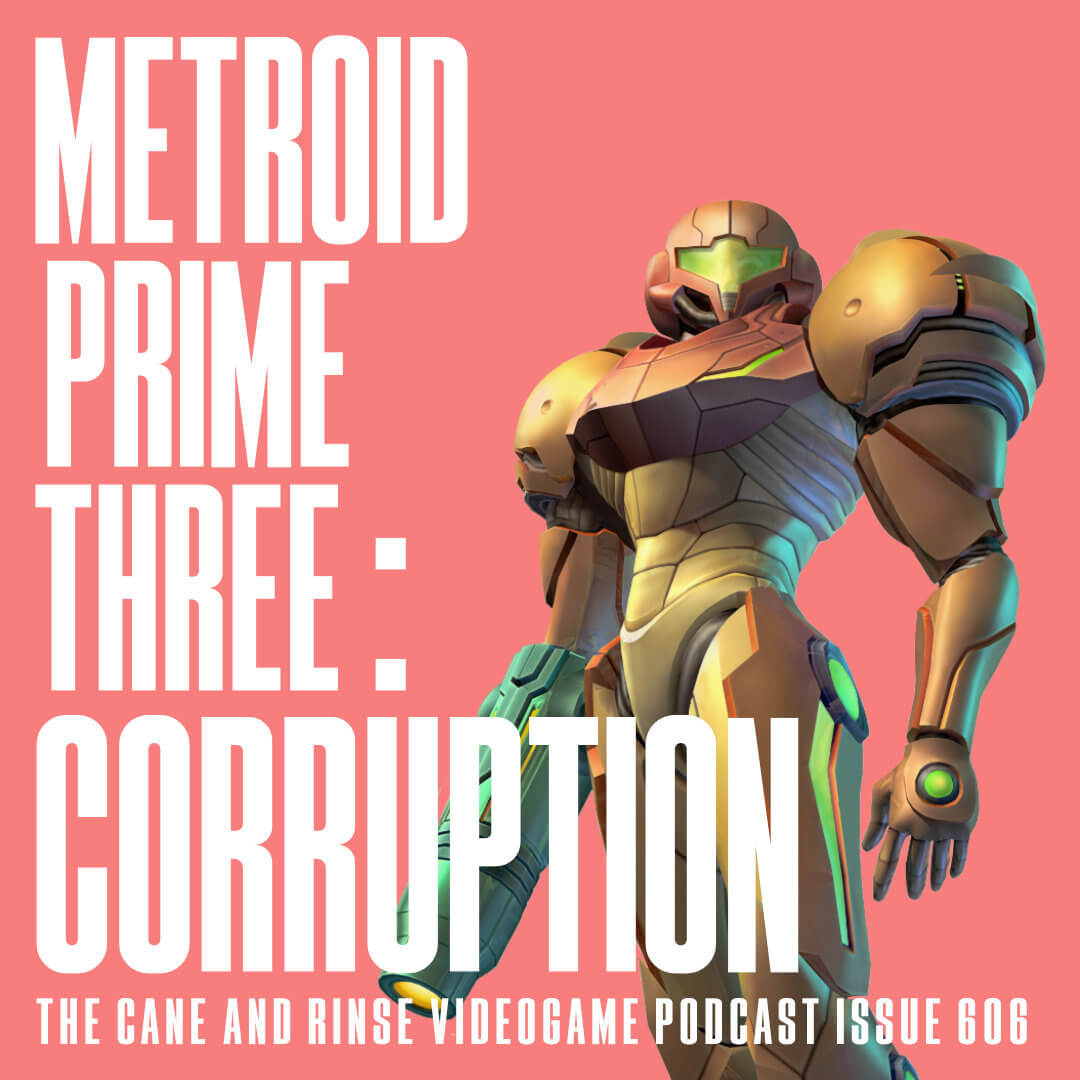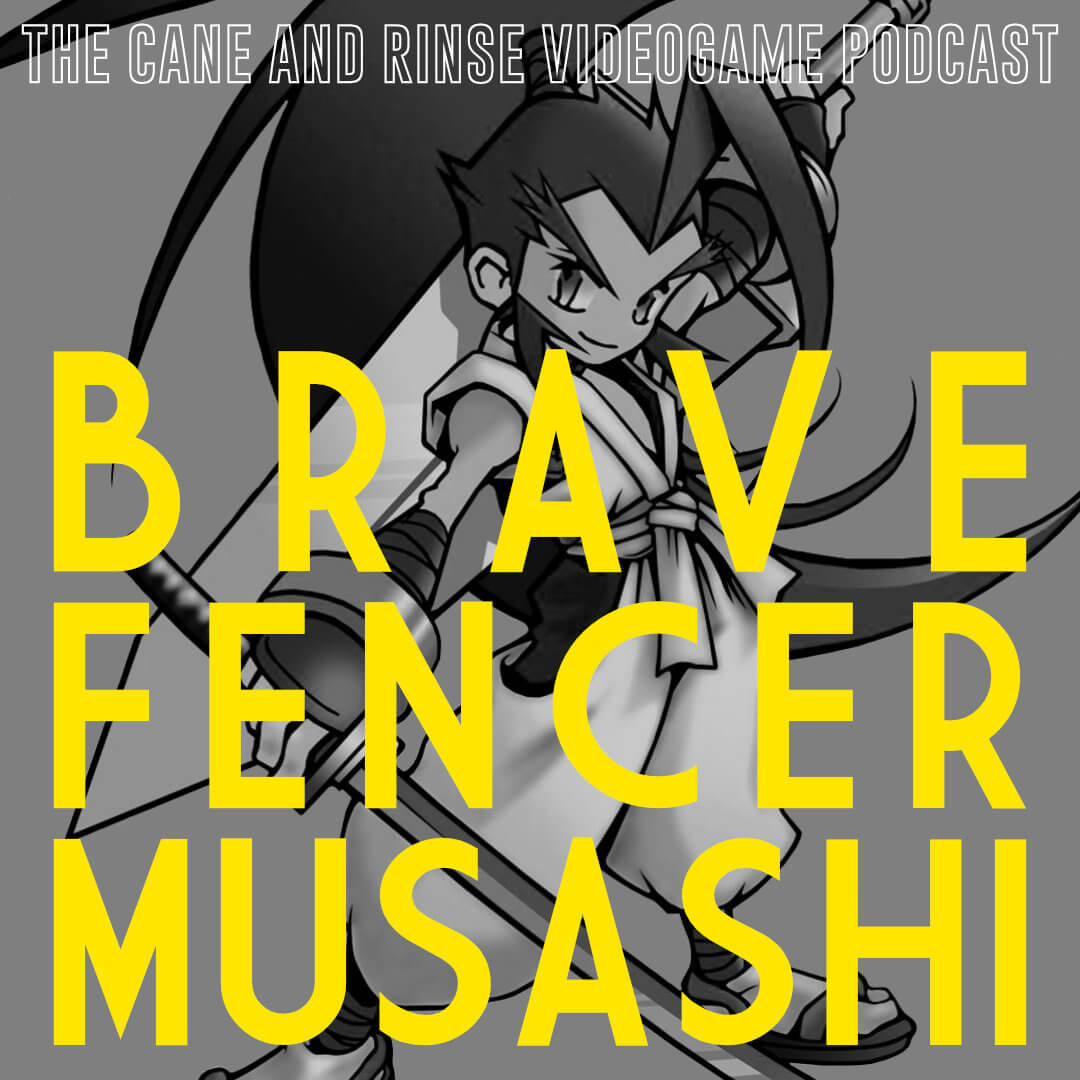Brian Tarran loses himself in the latest entry in BioWare’s Dragon Age series.
You know those games: the ones that are so brilliant that when you start playing them you secretly hope they’ll go on forever? Dragon Age Inquisition is one of those games.
It’s also one of those games where you realise, around the 50-hour mark, that they probably will go on forever and you wish they’d just end.
It’s not a problem unique to Dragon Age. I’d argue that all RPGs suffer from this to a greater or lesser extent. They are, by their very design, all consuming, immersive, deep and involving.
The best ones let you inhabit characters and worlds that are so thoroughly engrossing you don’t want to leave. But even the most idyllic setting can feel like a prison if you can’t easily see a way out.

Dragon Age Inquisition isn’t quite that bad. It is – for better or worse – an RPG designed to appeal to all tastes.
If you’re so inclined you could probably skate through the story in 20 or so hours, although you’d be advised to set the difficulty to easy. But of course, for those who want it, there’s more than 100 hours of stuff to enjoy.
But whether you enjoy what Dragon Age Inquisition has to offer is entirely down to the type of gamer you are. Completionists will no doubt get a kick out of the hundreds of quests, trinkets, locations and items to discover.
Fans of the series will love the callbacks to previous games. And for those, like me, who enjoy a good power fantasy, Dragon Age Inquisition won’t let you down.
Where you will be disappointed is if you come to the game expecting the (highly subjective) brilliance of Mass Effect, Knights of the Old Republic, or Jade Empire. Developer BioWare ticks off the elements that made these games memorable – an expansive cast of characters, cut-throat politicking, and world-(or galaxy) spanning storytelling.
However, into the mix they add a whole load of mechanics, seemingly inspired by free-to-play games and MMOs, which undercut the deep narrative richness for which BioWare is known.
These elements take a while to reveal themselves, thankfully. Instead, Inquisition starts with a bang – literally – as a confab between rebel mages and church authorities is magic-bombed by unknown terrorists.

Your character is caught in the middle of the blast but survives, leading to suspicions of your involvement in the attack. Yet when it becomes clear that you have been gifted with the ability to heal tears in the Fade – the barrier between the natural and spiritual planes – you quickly find yourself tasked with – what else? – saving the world.
For the early parts of the game at least, many of the characters you meet doubt your qualifications for the role of ‘saviour’. They are sceptical and distrustful, largely concerned with taking advantage of the power vacuum that followed the bomb blast to cement their own power bases.
Therefore you’ll spend a good 10 hours or so trying to prove your worth: taking on small quests to establish your credentials and build support for your cause.
At this point in the game, it all feels exciting. You’ll change between action and exploration in the field with frequent trips back to your home base, where the player character and her advisers gather around a war table to open up new areas to investigate by completing off-screen missions.
There’s little strategic thinking involved – you click and commit resources and wait for the set mission time to elapse (with zero risk of failure) – yet it works superficially to immerse the player in the organisation they are part of and the world they are trying to save.
Completing missions – either in the field or via the war table – gifts Power: a currency, essentially, that is used to unlock story quests. It’s purpose is as a gating device. For Inquisition, BioWare has created a faux open world for gamers to explore.
However, that brings with it the risk that players could wander into an area they are not quite ready for. The need to earn Power avoids this. However, such a device has some unwanted side effects.
It feels less organic for a start. In previous BioWare games, story beats would occur along a linear path. Of course, choice is a cornerstone of BioWare’s RPGs – so the ‘linear’ description isn’t entirely accurate – but events would occur largely in sequence through the natural course of play. The same is true with Inquisition, except if you don’t have enough Power, you can’t progress. This means a trip back to the war table and some more questing in the field.

After a while this begins to feel like busywork. It would be uncharitable to say that there aren’t any side quests of merit – there are at least one or two in each of the locations I explored that truly add to the Dragon Age experience. But far too many of them boil down to fetch quests or collectathons.
This becomes narratively untenable as the player character grows in stature, establishing and leading the Inquisition of the title. By this point in the game, it feels odd that the leader of an army would be out picking up letters from the bodies of deceased soldiers, or collecting flower samples to help some local herbalist for the sake of one or two Power points.
As the gameplay began to stretch the boundaries of credibility, I felt my patience wear thin and so I made a beeline for the end of the story. I left the game with dozens of quest still to complete and at least two areas unvisited.
Still, I guess it’s to BioWare’s credit that my lasting impression of the game is a largely positive one. It’s not quite as memorable as the games that preceded it but when all is said and done, Dragon Age: Inquisition lives up to the promise it makes to the player: you can choose your own adventure, and you can decide when you’ve had enough. And on the whole, you won’t feel short-changed.













